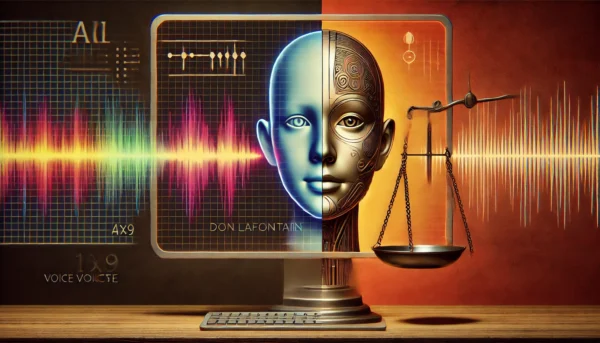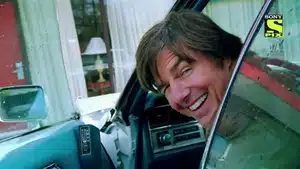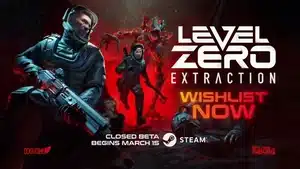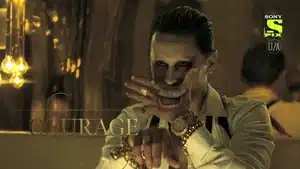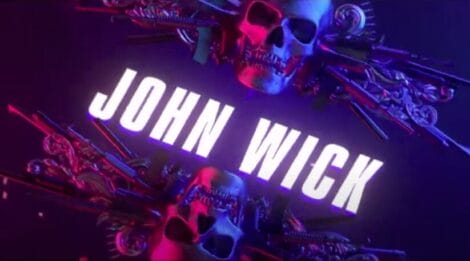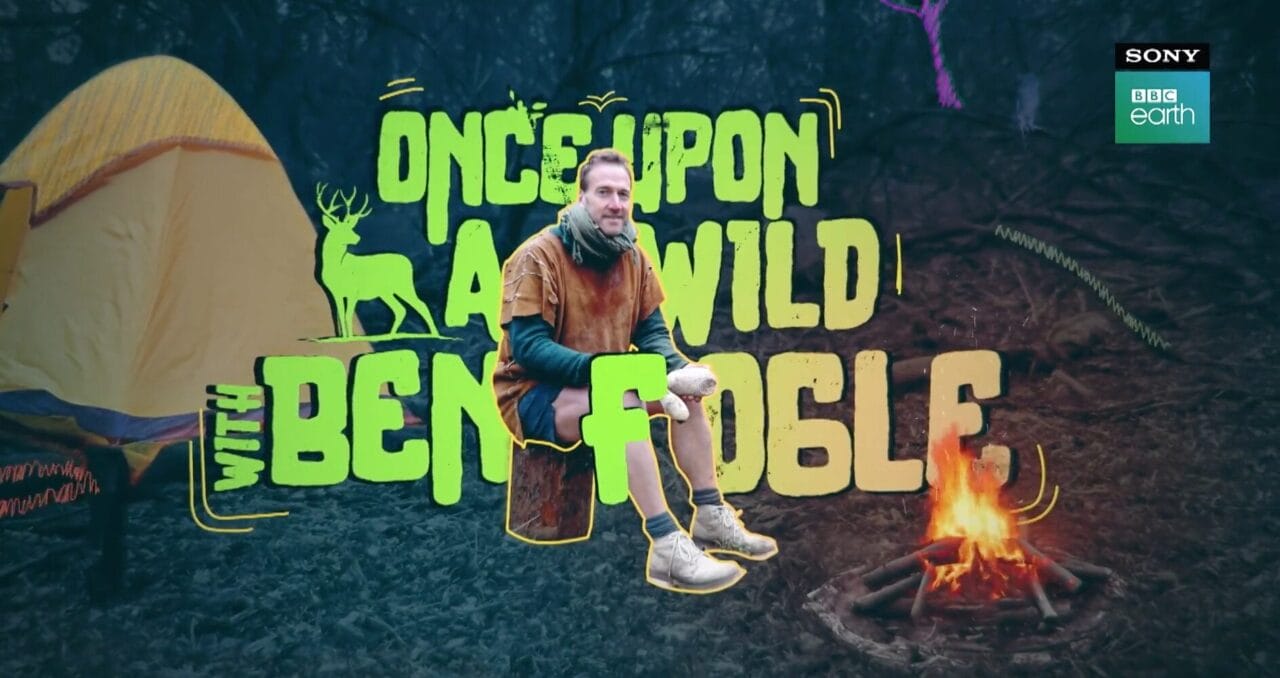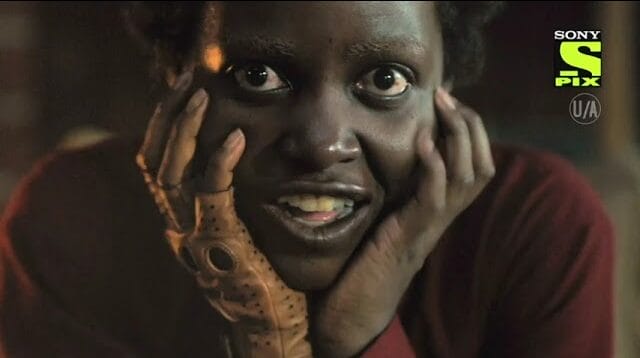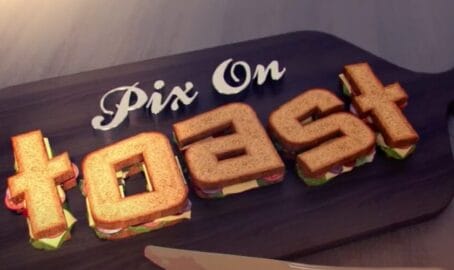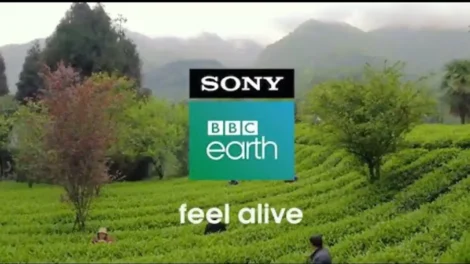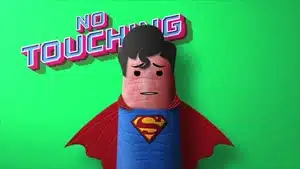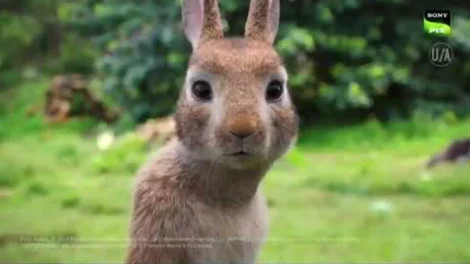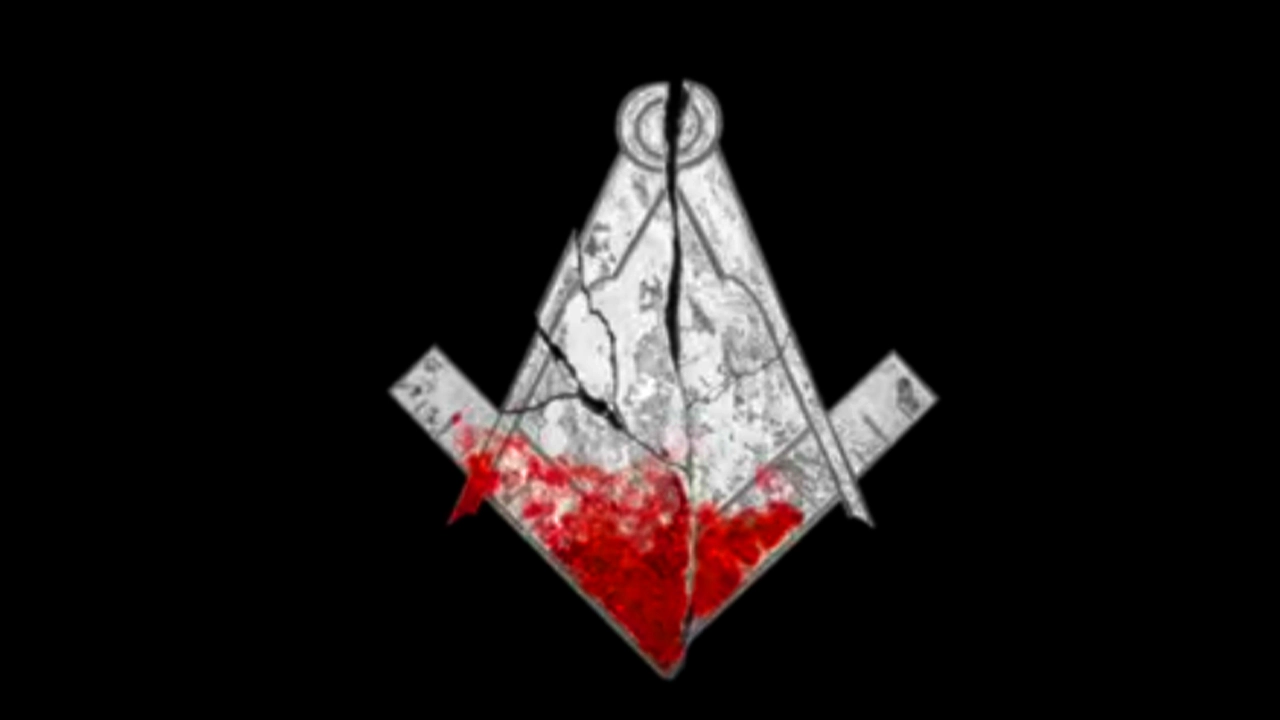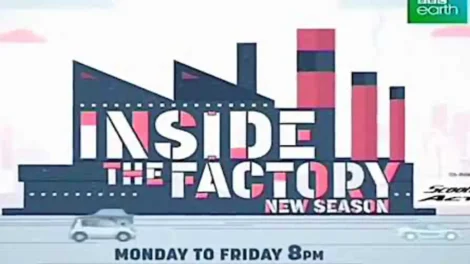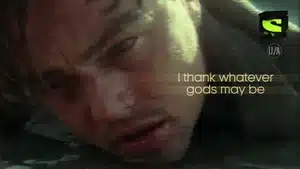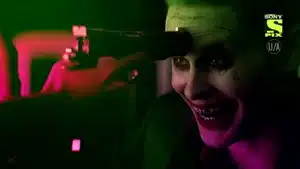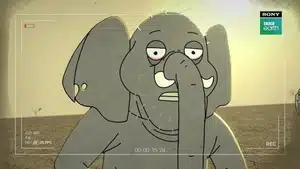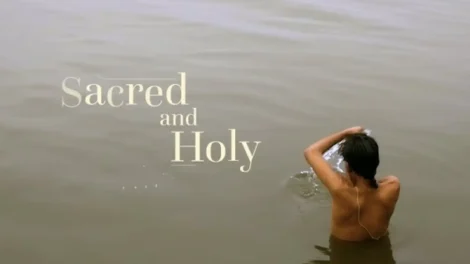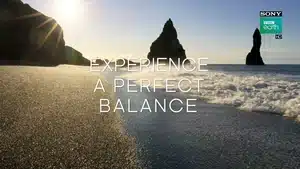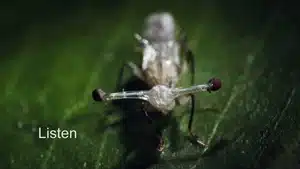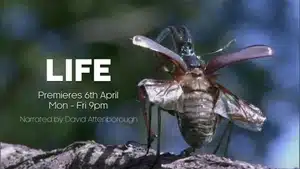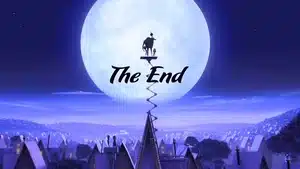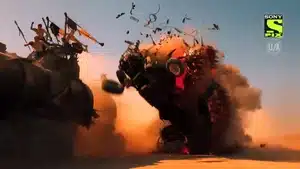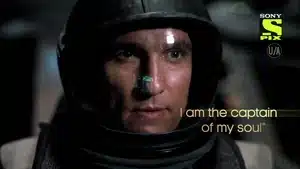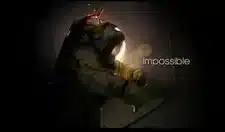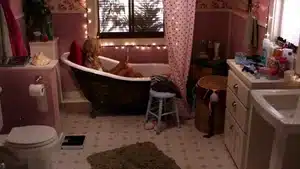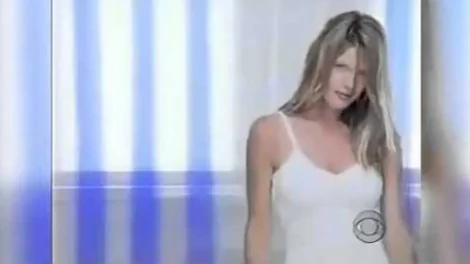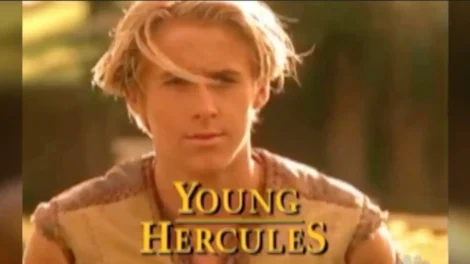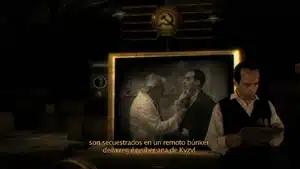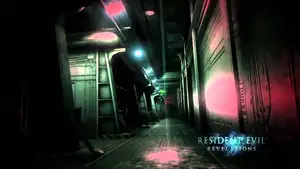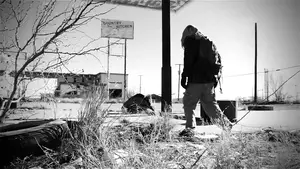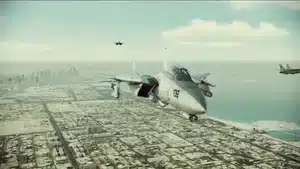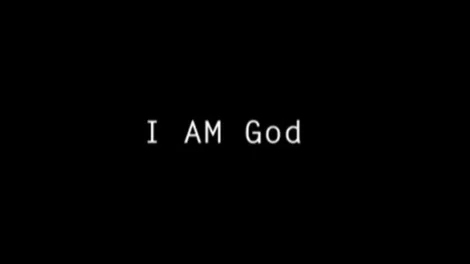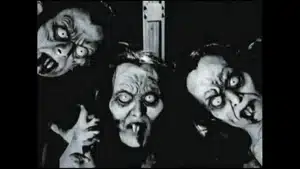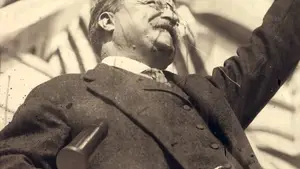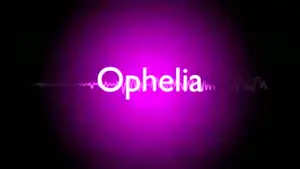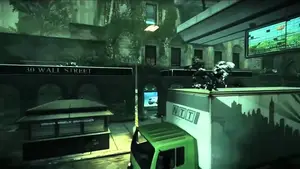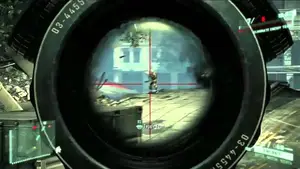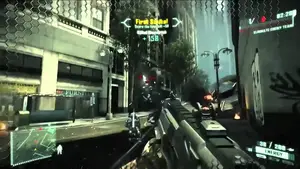The Human Touch: Why AI Can’t Replace the Art of Voice Acting
Close your eyes for a moment. Imagine you’re sitting in a darkened movie theater, the air thick with anticipation. Suddenly, a deep, resonant voice fills the space: “In a world where…” Instantly, you’re transported. Your heart races, your imagination ignites. This isn’t just any voice—it’s the voice of Don LaFontaine, the legendary “Voice of God” who defined the art of movie trailers for generations.
Now, imagine that same voice, but stripped of its soul—a cold, digital imitation created by an AI “Don LaFontaine voice generator.” The words might be the same, but something essential is missing. The warmth, the nuance, the human touch that made LaFontaine’s voice so captivating has been lost.
The Allure and Danger of Digital Voices
In our rapidly advancing digital age, the idea of recreating iconic voices through AI has gained surprising traction. A quick online search reveals countless people seeking ways to replicate LaFontaine’s signature sound. On the surface, it might seem like harmless fun or a cool technological feat. But dig deeper, and we uncover a web of ethical dilemmas that strike at the heart of what it means to be human.
Don LaFontaine wasn’t just a voice. He was an artist, a storyteller, a man who poured his heart and soul into every word he spoke. For him, voice acting wasn’t a job—it was a calling, a craft he honed with passion and dedication throughout his life.
“I’m not just reading words off a page. I’m painting pictures with my voice, creating worlds with every inflection, every pause.
– Don LaFontaine (paraphrased)
To reduce his artistry to a series of algorithms feels like a betrayal of everything he stood for. It’s as if we’re trying to capture lightning in a bottle, forgetting that the true magic lies not in the sound itself, but in the human spirit behind it.
The Silent Victims: Living Voice Actors
But the ethical concerns don’t stop with the memory of Don LaFontaine. Every time we turn to AI to replicate a human voice, we’re not just affecting the past—we’re shaping the future. And in this future, countless talented voice actors risk being left behind.
Picture a young aspiring voice actor, eyes shining with dreams of following in LaFontaine’s footsteps. They’ve spent years honing their craft, pouring their heart into every audition, every performance. Now, imagine telling them that their passion, their unique human touch, is no longer needed because a machine can do it “well enough.”
Voice acting is more than just making sounds. It’s about breathing life into words, conveying emotions that resonate deep in the listener’s soul. It’s about the subtle tremor in a voice that conveys fear, the slight catch that speaks of suppressed tears, the warm chuckle that makes you feel like you’re sharing a private joke with an old friend.
Can an AI truly replicate the raw emotion of a voice actor pouring their heart into a performance? Can it capture the years of lived experience, the personal joys and sorrows that color every word? Or are we at risk of creating a world where our stories are told by soulless machines, devoid of the very humanity they’re meant to reflect?
A Call to Our Shared Humanity
As we stand at this technological crossroads, we must ask ourselves: What kind of world do we want to create? One where efficiency trumps emotion, where algorithms replace artistry? Or one where we continue to celebrate and nurture the uniquely human qualities that make art—and life—so beautiful?
The next time you’re tempted by the idea of an AI voice generator, pause for a moment. Think of Don LaFontaine, not just as a voice, but as a person—a man who laughed, loved, and poured his heart into his work. Think of the countless voice actors working today, each bringing their unique perspective and passion to their performances.
By supporting living artists, we’re not just preserving jobs—we’re preserving the very essence of what makes us human. We’re saying that our stories, our emotions, our shared experiences are too precious to be entrusted to machines.
“The human voice is the most perfect instrument of all.”
– Arvo Pärt
Let’s choose to keep the human touch alive in our art. Let’s ensure that future generations can experience the thrill of a truly great voice performance, one that speaks not just to their ears, but to their hearts and souls.
In a world increasingly dominated by technology, let’s remember that some things—like the power of the human voice—are irreplaceable. Let’s choose humanity. Let’s choose art. Let’s choose to keep the magic alive.
